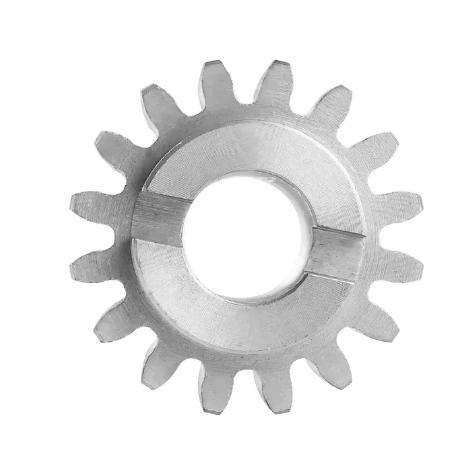Gears are essential components in a wide range of machinery, transferring motion and power efficiently. Among the different types of gears, helical gears are known for their smooth operation and ability to handle high loads. A Helical Gear Factory plays a key role in manufacturing these gears with precision and consistency, serving industries such as automotive, aerospace, robotics, and industrial machinery.
A Helical Gear Factory typically begins with the selection of high-quality materials. Steel, alloy, and other durable metals are chosen for their strength, wear resistance, and ability to withstand high torque. The quality of raw materials directly affects the performance and longevity of the gears, making careful selection an essential part of the manufacturing process.
Precision machining is at the core of any Helical Gear Factory. Helical gears feature angled teeth that engage gradually, reducing noise and vibration compared to straight-cut gears. To achieve this precision, factories use advanced CNC machines, gear hobbing, and grinding equipment. Accurate tooth geometry and surface finish are crucial for smooth operation, efficient power transmission, and reduced mechanical stress in gear systems.
Quality control is a major aspect of a Helical Gear Factory. After production, gears are inspected for dimensional accuracy, tooth profile, hardness, and surface finish. Techniques such as coordinate measuring machines (CMMs) and gear measurement tools help ensure that each gear meets the required specifications. Consistent quality is vital to prevent premature wear or mechanical failures in the applications where these gears are used.
Customization is another important feature offered by a Helical Gear Factory. Depending on client needs, factories can produce gears in various sizes, module types, and pressure angles. Some factories also provide heat treatment, coating, or surface modification services to enhance performance under specific operating conditions. This flexibility allows engineers to select gears that match their machinery requirements precisely.
Durability and reliability are emphasized in every Helical Gear Factory. Heat treatment processes, such as carburizing or induction hardening, improve the strength and wear resistance of the gears. Proper lubrication and precise manufacturing reduce friction and extend operational life, ensuring that the gears perform effectively over time in demanding industrial environments.
A Helical Gear Factory also focuses on efficient production processes. Streamlined workflows, automation, and skilled technicians help reduce production errors and maintain consistent output. Efficient manufacturing ensures timely delivery of gears to clients while maintaining quality standards.
A Helical Gear Factory combines material selection, precision machining, quality control, and customization to produce durable and efficient helical gears. By focusing on accuracy, durability, and flexibility, these factories support a wide range of industrial applications where reliable gear performance is essential. Understanding the processes and capabilities of a helical gear factory helps buyers choose suppliers that deliver consistent, high-quality gears for their machinery.

